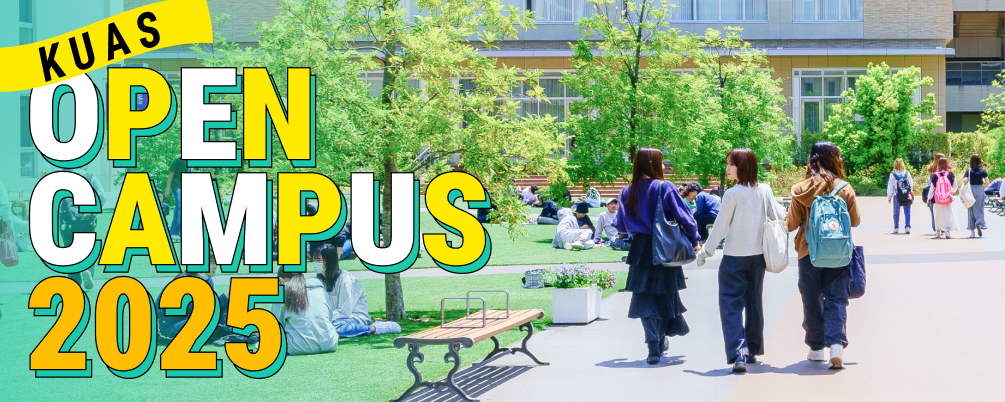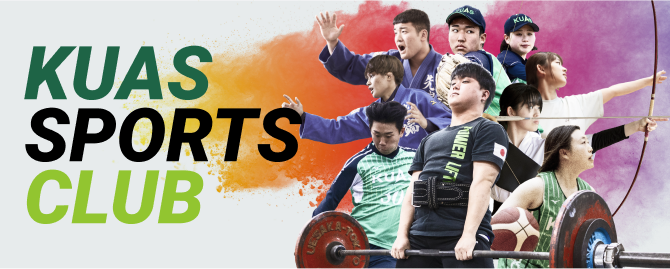京都先端科学大学では『臨床でのスキルアップ』を目的に、言語聴覚士の 皆様を対象としたセミナーを開催して参りました。 本年も昨年に引き続き、11月19日(土)14時より以下の要領で高次脳機能障害領域症例検討会を開催する運びとなりましたので、ご案内いたします。皆様のご参加をお待ちしております。また症例演題も募集しておりますので、詳しくは募集要項をご覧ください。
日程
2022年11月19日(土) 14:00~16:20
会場
京都先端科学大学 太秦キャンパス 東館2階 基礎実習室
対面とオンライン(Teams)のハイブリッド開催
参加費
無料
対象
言語聴覚士、医師、教師、学生
開催趣旨
臨床技術の向上を目指して、参加者相互の意見交換の 場となるような検討会を目指しています。
開催概要(予定)
14:00-15:00 症例発表(先着2題)
日本言語聴覚士協会生涯学習症例発表ポイント申請可※
15:00-15:30 ミニレクチャー 司会:木村航(言語聴覚学科 准教授)
「ワーキングメモリの評価
~リーディングスパンテストの実施と臨床に便利な解釈の一例~」
演者:吉村貴子(言語聴覚学科 教授)
15:30-16:00 交流会:なんでも相談会(途中退室可能)
臨床、研究、発表、進学等の相談や質問を受け付けます。
参加登録・演題応募先
参加登録・演台応募は、下記URLのお申込みフォームよりお願いいたします。
参加登録
問い合わせ先
京都先端科学大学
健康医療学部 言語聴覚学科
南都 智紀(なんと ともき)
E-mail:nanto.tomoki@kuas.ac.jp
※修了証申請時には、承認者の署名捺印をおこなった「症例検討証明書」の添付が必要です。 証明書の見本・記入フォーマットは協会ホームページのマイページ内でダウンロードが可能です。
(健康医療学部講師 南都智紀)




